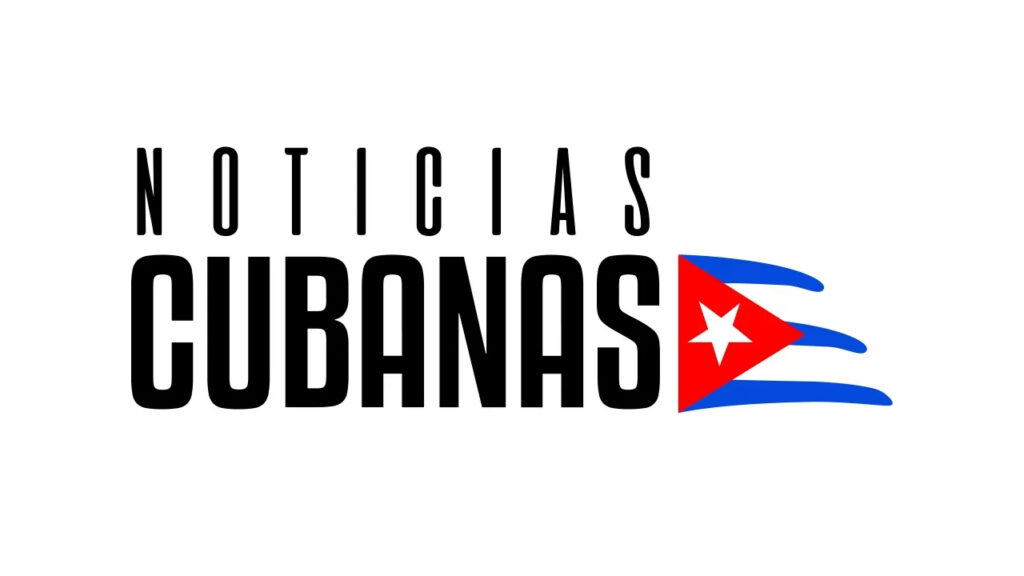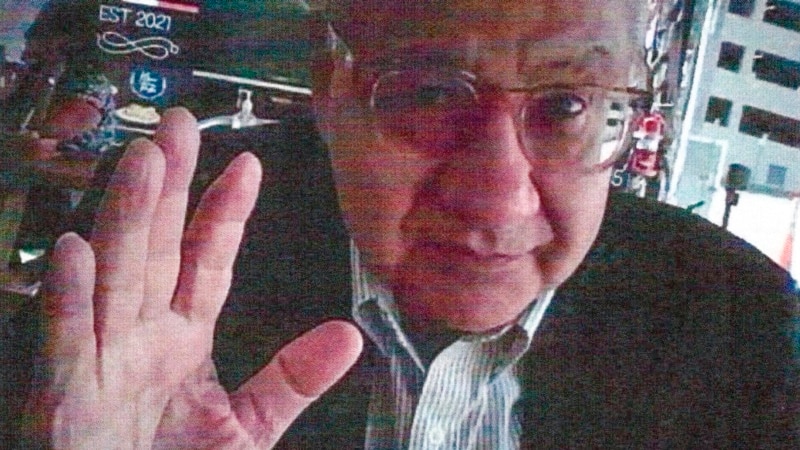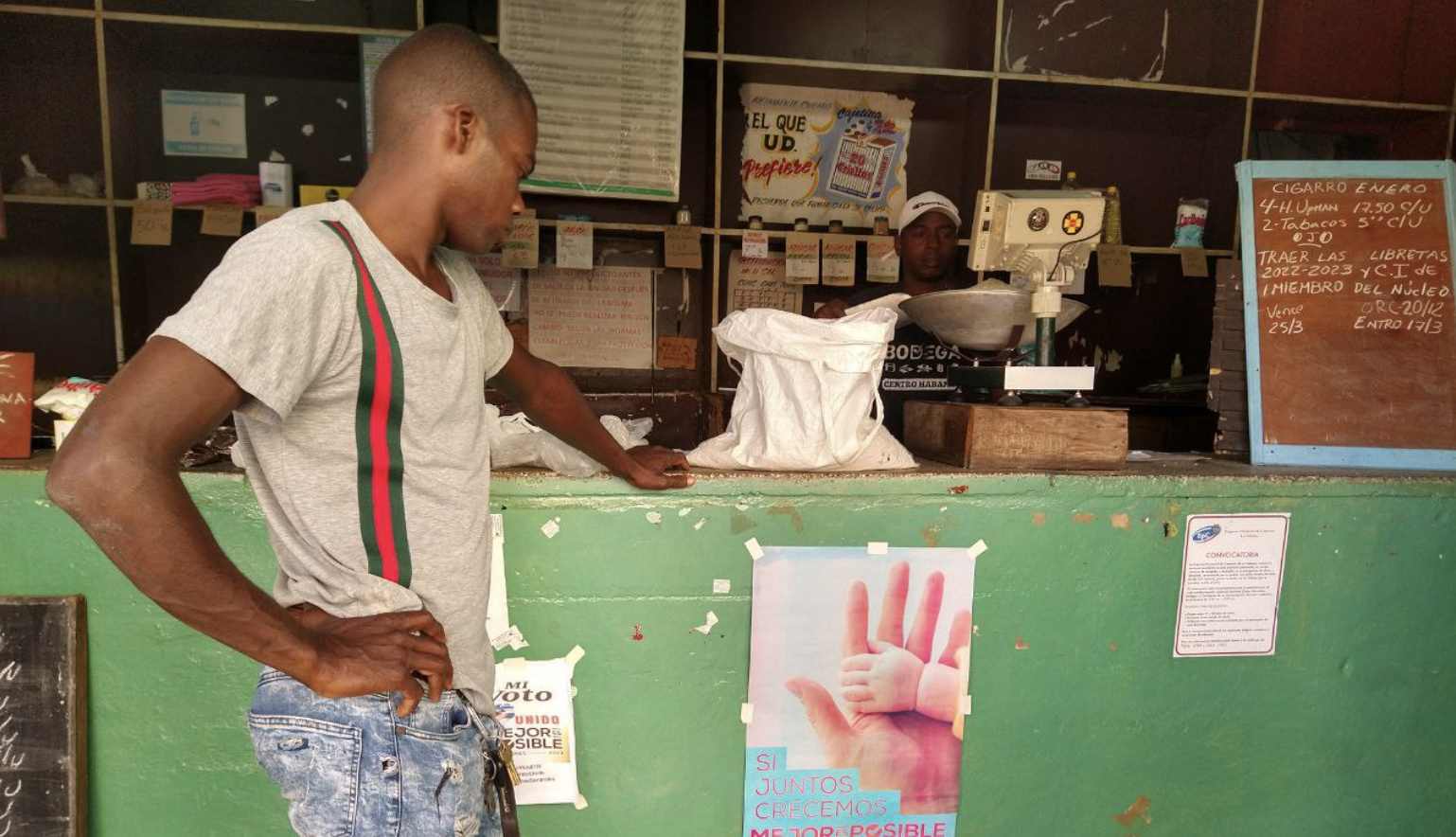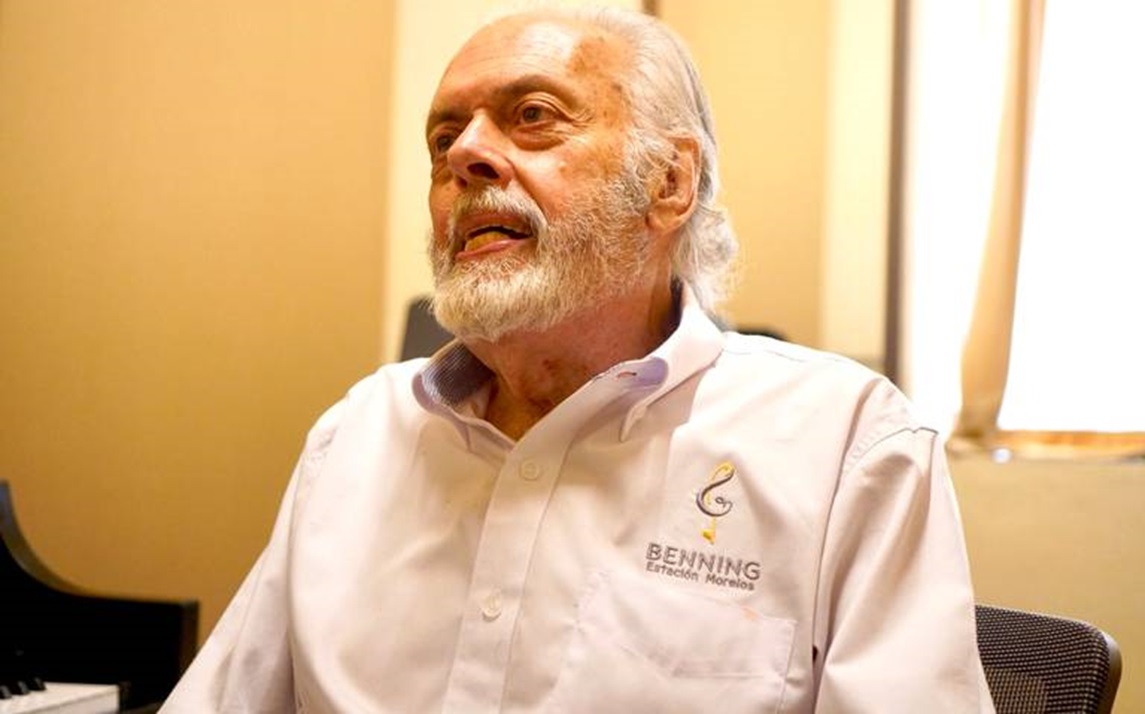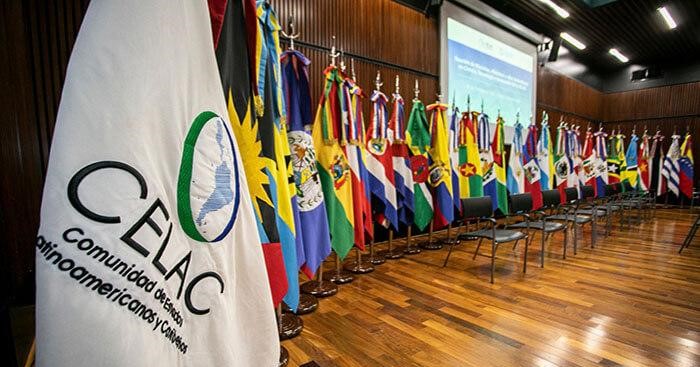HAVANA, Cuba, Oct 22 (ACN) Millions of people all over the world felt with horror the proximity of a nuclear confrontation that October 22, 1962, when U.S. President John F. Kennedy announced from the White House the naval blockade of Cuba.
That measure was imposed after the detection, by spy planes, of Soviet atomic rockets on the island, surrounded shortly afterwards by 183 warships, among which there were eight aircraft carriers and 40,000 Marines aboard the transports.
Kennedy justified those acts with the argument that the USSR and Cuba were responsible for endangering world peace without any reason, an opinion that prevails in a large part of public opinion to this day about the alleged perpetrators of what would also be known as the October Crisis.
It lasted until the 28th of that month, the date on which the Americans agreed to withdraw rockets from Turkey and the Soviets theirs from Cuba, without Havana being included on the negotiations.
On October 23, Commander in Chief Fidel Castro spoke on television to denounce the US policy, to warn of the risk of invasion, to fully mobilize the people and to express the willingness to fight, whatever the risks.
Years later, when analyzing the circumstances of the October Crisis and the reasons that led to the installation of the rockets, he said: “I personally did not like the presence of that Soviet military base in Cuba, for reasons of Cuba’s image, the image of the Cuban Revolution and added (…): if we wanted the Soviets to support us in case of aggression, it would be immoral to oppose the presence of those weapons in our country, since they also strengthened the Soviet Union (…) That is why we gave a positive response”.
Furthermore, taking as a basis the real possibility that the large movement of men and weapons would be detected as it was and would allow Kennedy to deploy his twisted version of the facts, Fidel repeatedly proposed to make the agreement public under the support of international law and it was agreed that such an agreement would be announced in November.
On October 1962, Kennedy succeeded in convincing with his arguments the public opinion that ignored the secret operations against Cuba developed long before the arrival of the first Soviet rocket to the island, and even those developed in 1958, when the CIA tried to prevent Fidel Castro from coming to power under the orders of the then US President Dwight Eisenhower.
Those efforts became State policy with the approval by the National Security Council on March 16, 1960 of the “Covert Action Program against the Castro Regime”, which sought to overthrow the Revolutionary Government by force.
But it would be president Kennedy himself who would go beyond the aggressive limits with Operation Pluto, a legacy of the previous administration and which led to the failed mercenary invasion of the Bay of Pigs on April 17, 1961, which stimulated an unhealthy thirst for vengeance against the Caribbean nation in the White House.
That new operation was prepared under the direct supervision of the US president and his brother Robert, then Attorney General, and contemplated terrorist campaigns of assassinations, sabotage, propaganda to promote dissension in the popular support for the new state, attacks by bands of insurgents in the countryside and counterrevolutionary uprisings throughout the country.
Operation Mongoose was the largest operation planned in peacetime by the CIA, the Pentagon, the State Department and other official agencies against a foreign government, the final stage of which was the invasion of the U.S. armed forces to restore imperialist domination on the island before the end of October 1962.
On that same date, the final part of the actions was to be implemented with the invasion of the U.S. armed forces, much desired by the Pentagon to overcome the blow of the Bay of Pigs, and which, according to the Kennedy’s own Operation Mongoose, gave preponderance to the military action that would turn Cuba into the Caribbean Vietnam, dangerously destabilizing the region, which would undoubtedly be the most probable course of action of the Northern administration if its plans did not collide with the unexpected October Crisis.
To supervise and coordinate all this effort and “solve the Cuban case”, Attorney General Robert Kennedy was entrusted with the rank of a sort of CIA comptroller, where he used to meet with the agents and officers in charge of the missions against Cuba, a style adopted by the President himself, who talked with one of the heads of Operation Mongoose, William King Harvey, and described him as the CIA’s James Bond, who would help him in his obsession to put an end to communism in Cuba.
Operation Mongoose was declassified in the context of the great institutional and social crisis in the U.S., which was reflected in the resignation of President Nixon for serious crimes in illegal actions to stay in power in 1974 and the defeat of Vietnam a year later in 1975.
These revelations, which have no precedent in Washington’s history and which included many undercover actions against Cuba, stimulated a boom of memories of participants, literary works, films and independent investigations that gave a higher level to the detective novel in which the CIA was the main character, in an example of how reality can surpass and inspire fiction.
Nowadays, documentary evidence can be consulted on the Internet to prove these plans implemented by the Yankee administration, which were only interrupted by the October Crisis, something very different from that dramatic staging by President Kennedy on October 22, 1962, when he disguised himself in sheep’s clothing to hide from the world who the real aggressor of that story was.


